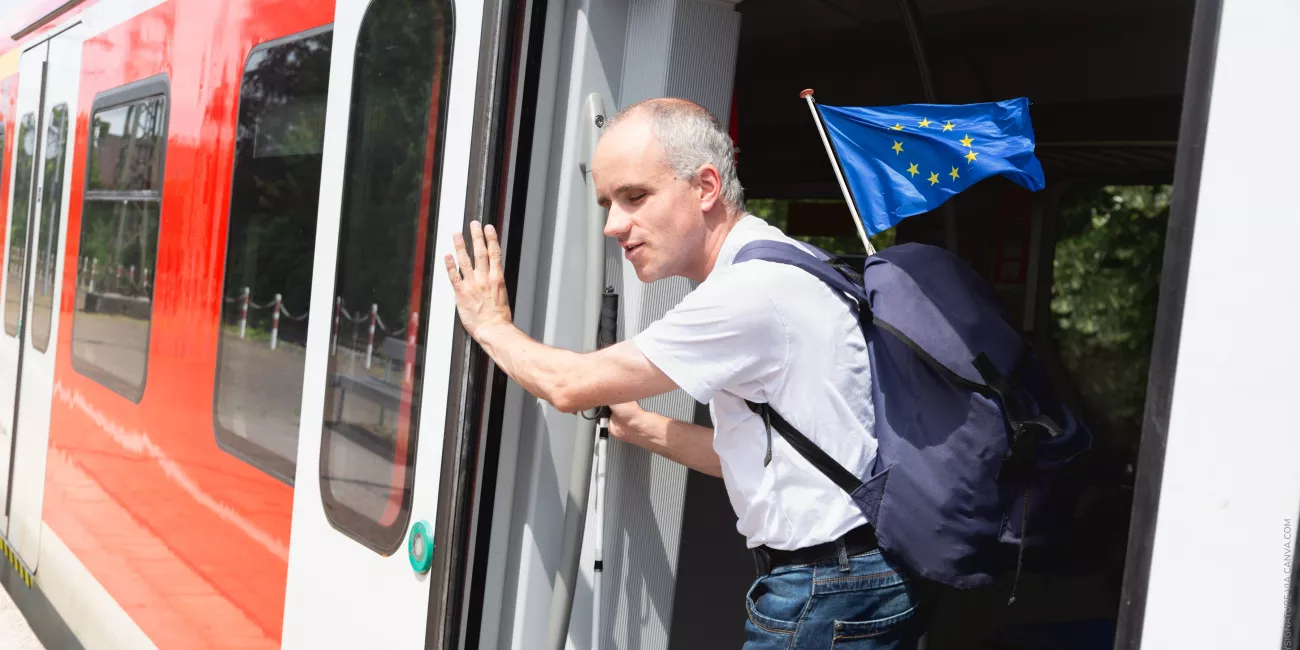Working Without Barriers - Mobility & Inclusion
O tym wydarzeniu
Join us online on Tuesday, November 18th, from 10:30 AM to 12:00 PM (CET) for a special webinar dedicated to disability legislation across Europe.
Together with our colleagues from France, Italy and Ireland, we’ll explore and compare the legal frameworks supporting workers with disabilities in our respective countries.
This session is designed for both jobseekers with disabilities and employers interested in inclusive recruitment and mobility within the EU.
During the event, you will:
- Learn about your rights and obligations,
- Discover support systems and best practices,
- Ask your questions live to our expert panel.
Save the date and spread the word!
Online event | Language: English
#EuropeanJobDays #InclusiveMobility #DisabilityRights #EURES #EqualOpportunities #WorkWithoutBorders
If you are a non-EU/EFTA national
Non-EU/EFTA nationals please bear in mind that you are subject to immigration rules and procedures if you want to move and work in an EU country, and you are not – as a rule – entitled to EURES mobility schemes.
(1) France – As a non-EU citizen, you must obtain work authorisation before being employed in France. This usually involves securing a work contract approved by French authorities, then applying for a long-stay visa equivalent to a residence permit (VLS-TS) at the French consulate in your home country.
(2) Ireland – To work in Ireland a non-EEA national, unless they are exempted, must hold a valid employment permit. Click here for more information Employment Permits - DETE.
(3) Italy - As a non-EU citizen, you must obtain work authorisation (nulla osta) from your Italian employer, then apply for a work visa at the Italian consulate in your country. Once in Italy, you must request a residence permit (permesso di soggiorno) within 8 days of arrival.

